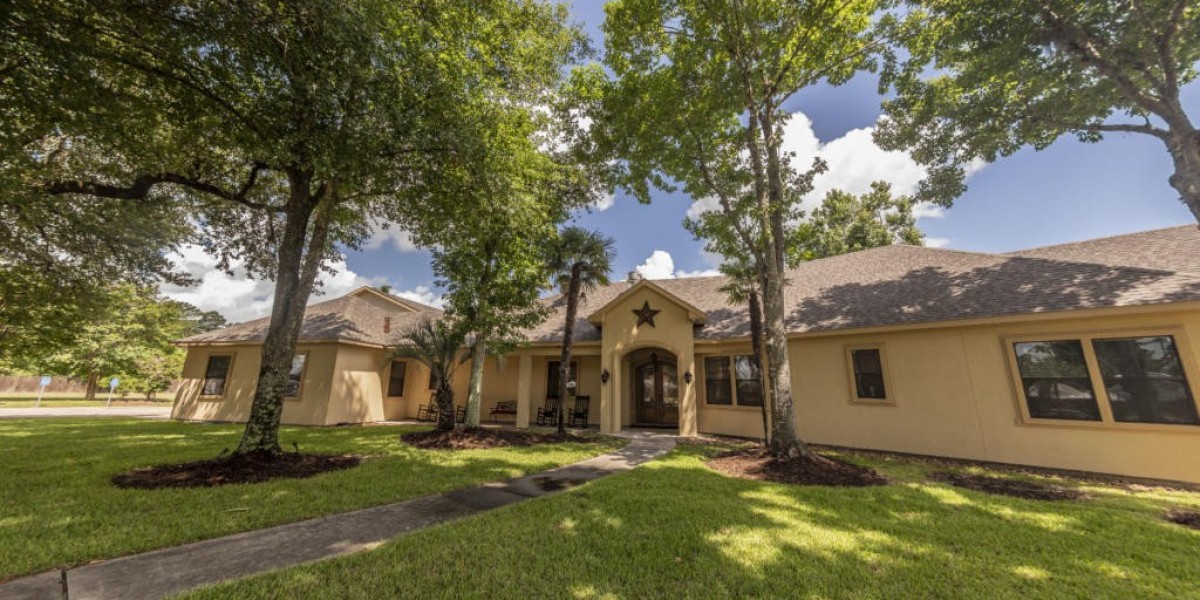The insidious creep of memory loss can be a frightening prospect, both for those experiencing it and their loved ones. As dementia and Alzheimer's disease cast a longer shadow over our aging population, the need for specialized care has become increasingly crucial. This guide delves into the world of memory care facilities, offering a comforting embrace of information for families navigating this uncharted territory.
Exploring the Challenges of Memory Loss
The daily struggles faced by individuals with cognitive decline are multifaceted. Simple tasks like dressing, managing finances, or preparing meals can become insurmountable hurdles. Disorientation, confusion, and sundowning (increased agitation in the evening) further complicate matters. Families often find themselves thrust into the role of caregivers, juggling their own lives with the ever-increasing needs of their loved ones.
When is Memory Care the Right Choice?
Recognizing the signs that indicate memory care might be beneficial is an essential step. If your loved one exhibits frequent forgetfulness, struggles with following directions, or experiences personality changes, it's time to explore memory care options. Difficulty managing medications, increased wandering, or social withdrawal are additional red flags. Memory care facilities offer a safe and supportive environment specifically designed to address these challenges.
Demystifying Memory Care Facilities: Specialized Support
At its core, a memory care facility is a haven for individuals with cognitive decline. Unlike traditional nursing homes that cater to a wider range of medical needs, memory care communities prioritize cognitive stimulation, emotional well-being, and safety.
Stepping Inside a Memory Care Community
Imagine a secure environment that feels more like a warm, familiar home than a sterile institution. Memory care communities often feature brightly lit, color-coded hallways adorned with comforting artwork and personal touches. Secured courtyards with walking paths provide opportunities for safe outdoor time. The design prioritizes clear sightlines, minimizing confusion and promoting a sense of calm.
The Heart of Memory Care: Personalized Care Plans
A meticulously crafted, individualized care plan is the cornerstone of effective memory care. Upon admission, the facility conducts comprehensive assessments to understand a resident's unique needs, cognitive strengths, and preferences. This information forms the basis of a personalized plan that outlines the level of assistance required for daily living activities, preferred communication methods, and strategies to manage behavioral changes.
Core Services Offered in Memory Care
- Cognitive stimulation activities: Engaging residents in memory games, puzzles, music therapy, and reminiscence therapy can help maintain cognitive function and spark joy.
- Daily living assistance: Caring staff supports bathing, dressing, medication management, and toileting, ensuring residents maintain a sense of dignity and independence.
- Safety and security measures: Secured entrances, wandering detection systems, and specially designed furniture minimize the risk of falls and ensure resident safety.
- Socialization and engagement: Memory care communities offer a variety of group activities and social events to combat isolation and foster meaningful connections.
- Nutritional guidance and support: A well-balanced diet tailored to individual needs ensures residents receive the proper nutrition to maintain physical and cognitive health. Staff may also assist with mealtime challenges.
- Emotional and behavioral support: Trained staff are equipped to manage emotional outbursts, anxiety, and sundowning episodes with compassion and understanding.
Beyond Daily Care: A Holistic Approach
Memory care facilities recognize that well-being extends beyond physical and cognitive needs. Here's how they go the extra mile:
- Family Involvement and Support: Family participation in a resident's care plan is crucial. Facilities often hold regular meetings, provide educational resources, and encourage family visits to foster a sense of connection.
- Fostering a Sense of Community: Memory care communities strive to create a supportive and familiar environment where residents feel safe, respected, and valued. Staff members often address residents by name, encourage social interaction, and celebrate individual milestones.
- Addressing Spiritual Needs: Chaplain services or religious programming can provide comfort and spiritual support for residents who find solace in their faith.
- Integrating Technology in Memory Care: Wearable safety devices, video chat technology for connecting with loved ones, and interactive games can enhance communication, safety, and engagement.
Memory Care vs. Skilled Nursing: Navigating the Differences
While memory care and skilled nursing facilities care for seniors, their focus areas differ significantly. Memory care prioritizes the specific needs of individuals with cognitive decline, offering specialized support for cognitive stimulation, behavioral management, and activities of daily living. Skilled nursing facilities, on the other hand, cater to a wider range of medical needs, providing 24/7 medical care for individuals with complex health conditions that require constant monitoring and skilled interventions. Some facilities offer a hybrid model, with dedicated memory care units alongside skilled nursing sections.
Financing Memory Care: Exploring Options
The cost of memory care varies depending on location, amenities offered, and the level of care required. The national average cost currently sits around $5,100 per month, but this can fluctuate significantly. Here's a breakdown of potential payment options:
- Private pay: This is the most common method, with families covering the costs directly.
- Long-term care insurance: These policies can help offset the cost of memory care, but benefits and coverage limits vary depending on the plan.
- Veteran's benefits: Veterans with dementia or Alzheimer's disease may qualify for financial assistance through the Department of Veterans Affairs.
- Potential Government Assistance Programs: Medicaid may offer limited coverage for memory care in some states, but eligibility requirements are stringent and often based on asset limitations.
Conclusion: Making Informed Decisions for Your Loved One
Memory care facilities offer a safe, supportive, and stimulating environment for individuals with cognitive decline. By providing specialized care, these communities can significantly improve a resident's quality of life and offer invaluable respite for families. If you're facing the difficult decision of finding memory care smart goals for a loved one, remember, you're not alone. Explore available options, ask questions, and prioritize facilities that prioritize resident dignity, well-being, and a holistic approach to care.








